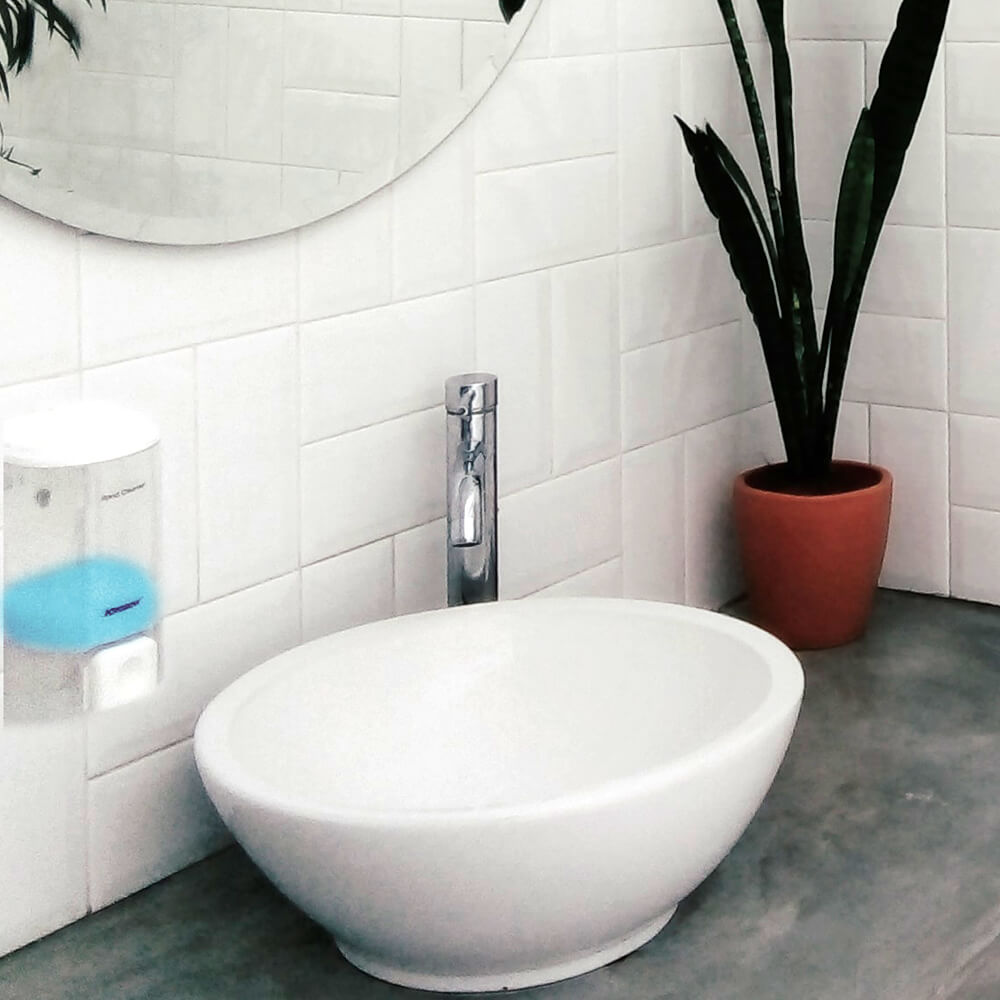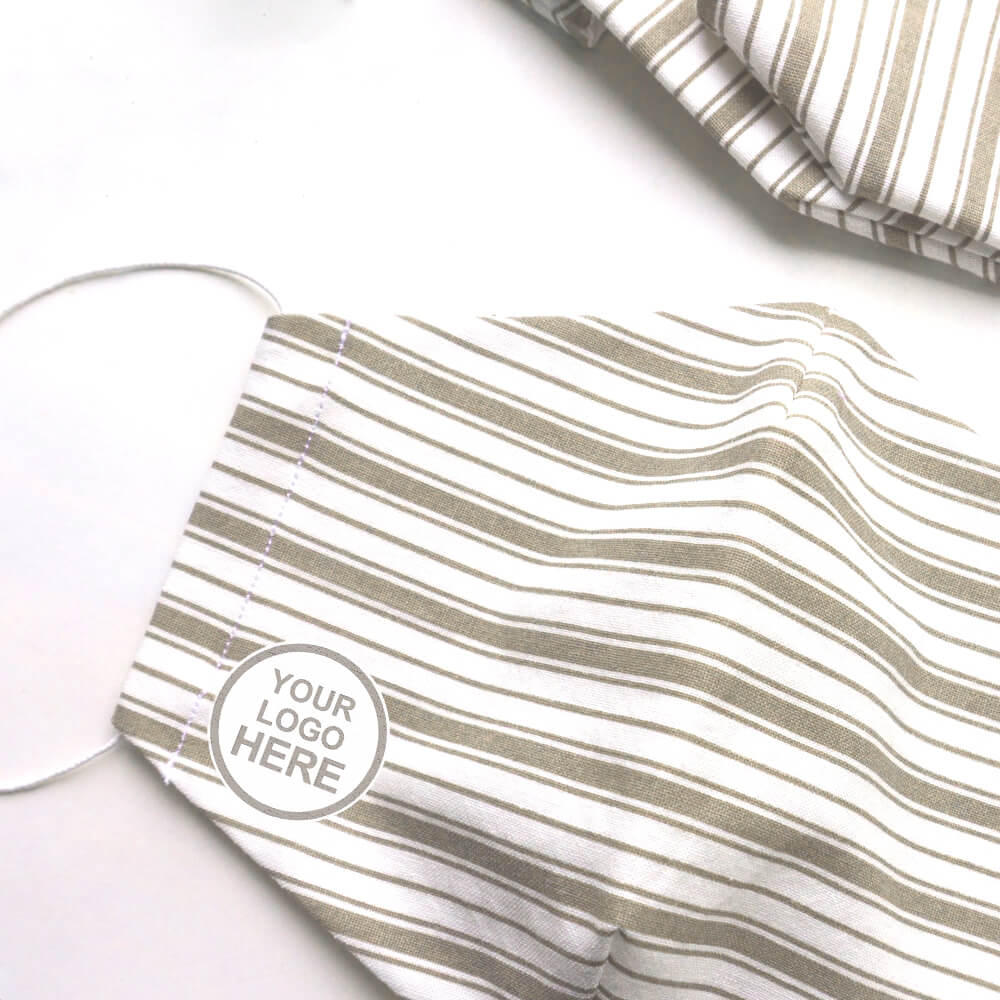May 2020
Business as Unusual: The Future of Workplace Design
Read more
In 1969 The Jackson 5 released an upbeat hit with a catchy chorus titled ‘I Want You Back’:
(I want you back) yes, I do now
(I want you back) ooh ooh, baby
(I want you back) Yeah, yeah, yeah, yeah
(I want you back) Now, now, now, now
Hoteliers across the globe are now singing the same tune as they explore ways to entice guests to travel again to stay in their hotels in our new world of COVID-19. How will hotel managers reassure patrons that their hotel properties will take all necessary steps to keep guests safe from coronavirus? We believe there are three key areas of focus for the hotel industry: Design, Communication and Services.
________________________________________________________
In a webinar hosted by Stacy Shoemaker Rouen, Senior Vice President, Design Group at Emerald, Aliya Khan, VP of Design, Lifestyle Brands of Marriott International said she believes that there are issues for designers to address as a collective. She believes hand sanitizing is here to stay. She expects to see beautiful hand-sanitizing stations developed for the built environment that allow for hand washing to be a ritual or experience that is integrated into the overall hospitality experience.

Rethinking and re-presenting how hotel bathrooms – in hotel rooms and in public spaces such as hotel lounges and lobbies – demonstrate their cleaning protocols and hygiene standards will become much more highly scrutinized by guests and presents an opportunity for hotels to calm and reassure.

We see an opportunity for hotels to rethink and re-present Personal Protective Equipment (PPE) into a more appealing, perhaps even desirable, must-have accessory; people need to feel comfortable and willing to relax in these shared hotel lounges, outdoor courtyards and pool areas – and it’s in our human nature to want to look good doing it.
In the same talk, Verena Haller, Chief Design Officer of The Standard Hotels, said she anticipates a focus on the outdoors, specifically creating more programming around using outdoor areas for guest activities. She also said her company will offer beautiful (branded?) face masks for guests.
Apart Hotels will continue to flourish. Brands like Edyn are hoping to capitalize as families begin to travel again. Stephen McCall, Chief Executive Officer, Edyn, believes those families will want all the assurances and services of a hotel to make them feel safe, along with the convenience of a fully equipped apartment. Having access to a full kitchen or well-appointed kitchenette, for example, will allow risk-averse guests to buy and cook their own food in the apartment. The expectation is that these Apart Hotels will expect to compete with independently owned Airbnb apartments that may be unable or unwilling to apply rigorous cleaning standards and hygiene rituals that will now be found at hotels.
Prior to the pandemic, brands like Westin had focused their marketing efforts to health and wellness to meet the needs of a network of travelers whose lives were more focused on personal health and wellbeing. We expect large hotel brands to double down on wellness and add reassuring references to cleanliness. In an industry that has frequently battled the perception of being unclean – where local news broadcasts show reports with teams returning to the same room the next day with a UV light to show that the sheets had not been changed – there will be a concerted effort to prove to guests that hotels are following new cleaning protocols and hotel rooms have been thoroughly sanitized.
We also expect to see more hotel properties communicate through Mobile Concierge Services. This service will allow hotels to keep guests updated on on-site safety protocols as well as food and beverage access in the neighborhood surrounding the hotel if they are unable to secure reservations at hotel restaurants.
Arrival at hotels will be a touch-free, less-social and more socially distanced experience that will impact our perception of luxury. For example, in the short term, valet parking may be discontinued. Bell hops will not gather and deliver luggage. Check in may be done by app, along with check out and payment.
The cleaning process and hygiene and sanitation standards will intentionally be much more visible to show guests that their concerns are being addressed on site, believes Bob Andrews, Chief Operating Officer, Prospera Hospitality. He said that hotels will have to rethink personnel assignments as they increase the visibility of cleaners in all public spaces. He also expects a permanent change to housekeeping protocols and for hotels to have 24-48 hour gaps between guests in a room.
In-room hotel amenities will change. Gone will be the comfy terrycloth robe, ice bucket and coffeemaker with cups. The new in-room amenity, according to Ellen Brown, EVP Investments and Asset Management, Fulcrum Hospitality will be disinfectant and wipes so a guest can wipe down any surface that is of concern to them.
In addition, hotel guest rooms may feature a dedicated workout area for guests that prefer to avoid public gyms. This could impact the overall hotel room layout as well as the products offered in the space.
With these and other new policies in place, the hotel industry is hoping guests will say, “I’ll be there.’